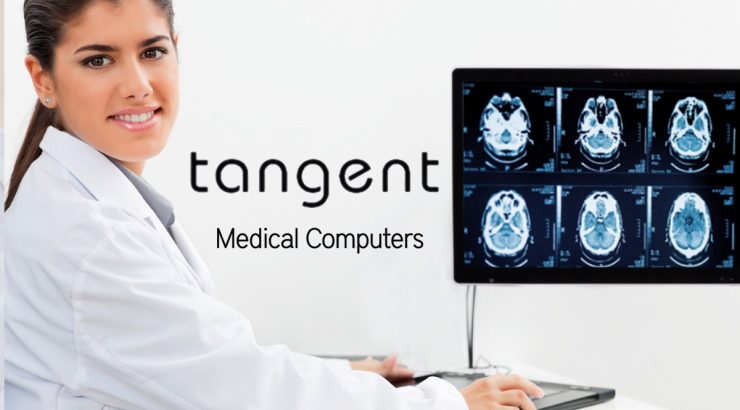As hospitals around the country reopen to elective procedures, unresolved challenges must once again be grappled with. One of these challenges is the reduction of hospital readmission rates. Hospital readmission refers to the readmission of a patient less than 30 days after a procedure, normally due to complications. According to the American Institute of Research, […]
Category: Anti-microbial spray
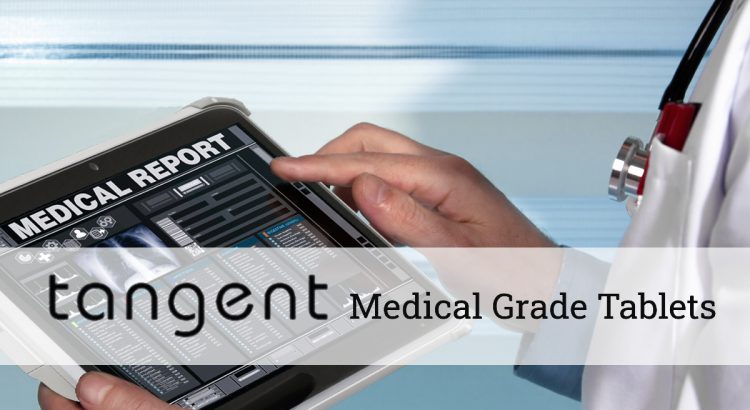
Medical PCs In The Hospital Setting
As the nation reopens, so too will our hospitals. The CDC has recently published guidelines for hospitals on how to go about opening their doors for services such as elective surgeries. As hospitals dealing with massive backlogs begin this process, making sure they have the equipment they need will be crucial. Medical PCs can help […]
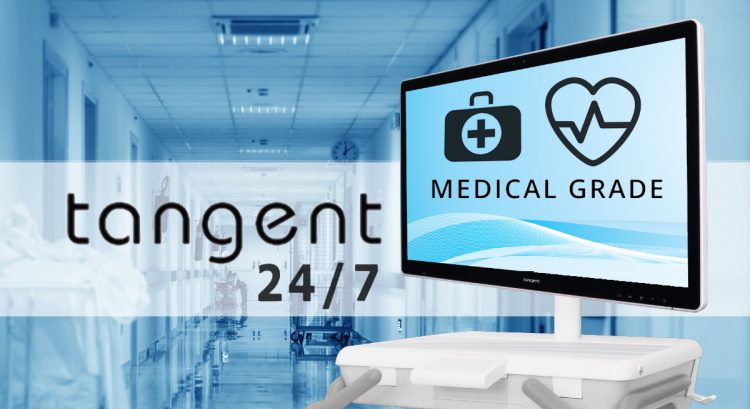
Reducing Frontline Healthcare Worker’s Stress And Anxiety
This crisis has taken a toll on all of us, but frontline healthcare workers have taken the brunt of this crisis. The doctors, nurses, and medical staff protecting the public health are doing so at their own risk. It’s no wonder then why some frontline healthcare facilities are seeing depression symptom rates of 50%. Experts […]

Washable Computers For Hospitals And Healthcare Facilities
Now more than ever, washing your hands is crucial to staying healthy. Touching a surface that someone else has touched without washing their hands is part of the infection process. However, making sure that the surface is regularly cleaned is an effective way of reducing the risk of this happening. To that end, Tangent has […]
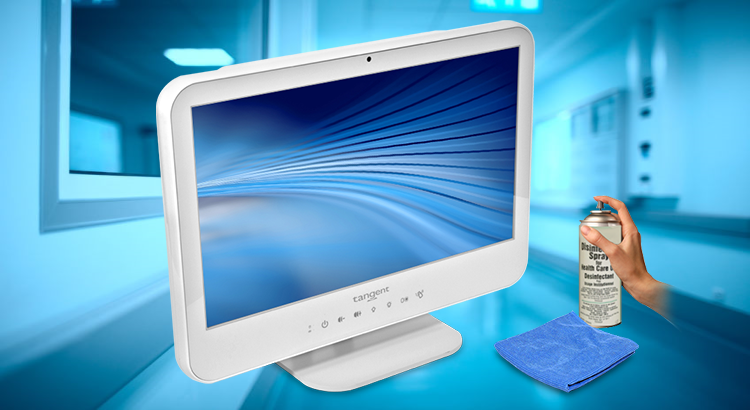
Sanitizable Computers For 24/7 Use
While the current situation the world faces is unprecedented, the healthcare industry has stepped up to make sure that the world remains as safe as possible. Hospitals around the country have made due with limited supplies as supplies of PPE. Working around the clock, hospitals and healthcare workers have stepped up to the plate and […]

Telehealth Computers: How to Effectively Set Up Your Hospital
In these times, it is becoming increasingly risky to have healthy patients enter hospitals where they can easily become disease vectors. Because of this, many hospitals are transitioning doctor visits to telehealth visits. Telehealth refers to medical computer based doctor visits, where a doctor uses a medical computer to video-chat with their patient. Telehealth has […]

Sanitizable Computers Designed For Pop Up And Mobile Clinics
Sanitizable Computers Designed For Pop Up And Mobile Clinics Burlingame, CA 3/27/20 – As the world comes together to stave off the coronavirus pandemic, Tangent Computer Inc. has repurposed medical computers in their medical grade computer lineup to be fully usable by pop up and mobile clinics in order to ensure these facilities are fully […]

What Does “Medical Grade” Mean?
You may see the term “Medical Grade” floated along by many manufacturers these days in your search for proper medical equipment. Everyone, from dentist chair manufacturers to medical grade computer manufacturers, lays claim to the term, implying that their product meets the true definition. While there is no central body that organizes the term “Medical […]
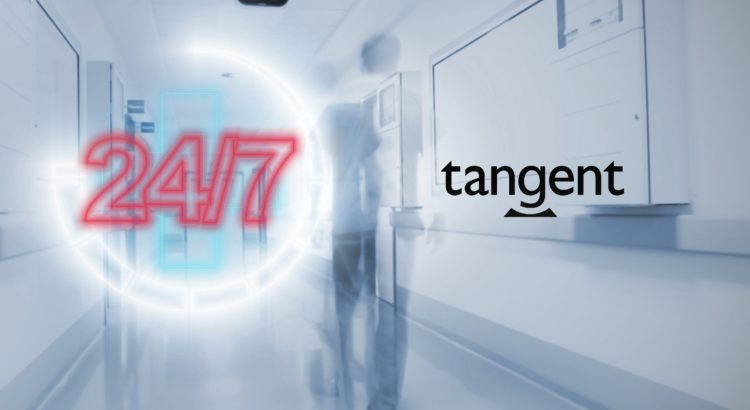
Medical All-In-One PCs for 24/7 Use
As one of the most trusted public services, healthcare facilities have an obligation to serve those in their community. Health emergencies can happen at any time, and as such hospitals are expected to be open 24/7. While medical staff can be shifted so that the hospital is constantly staffed and prepared for emergencies, the same cannot […]
